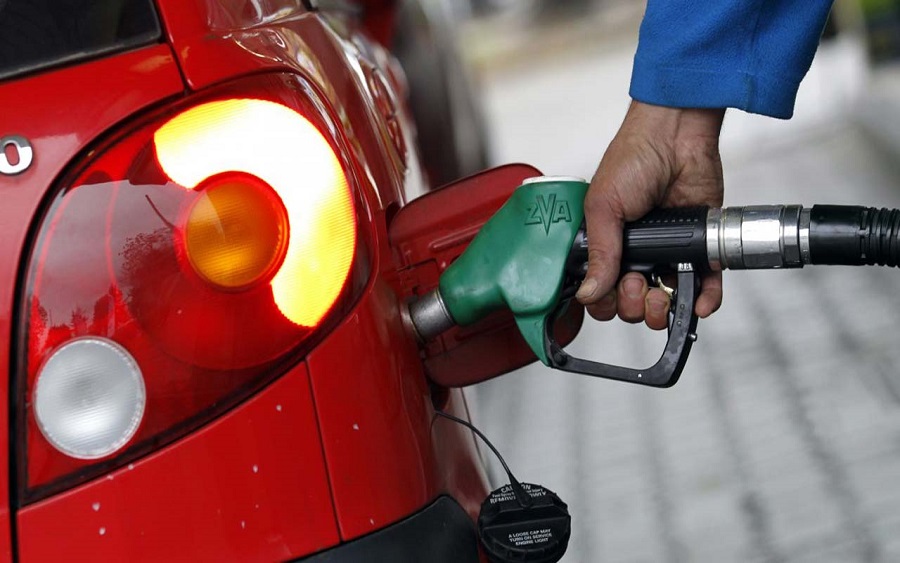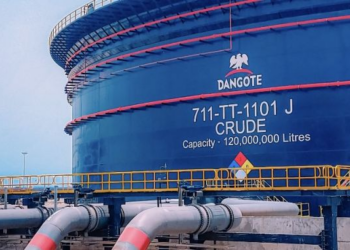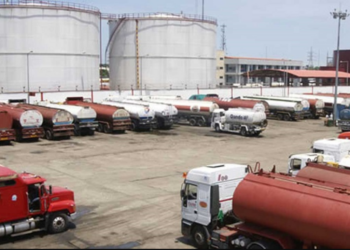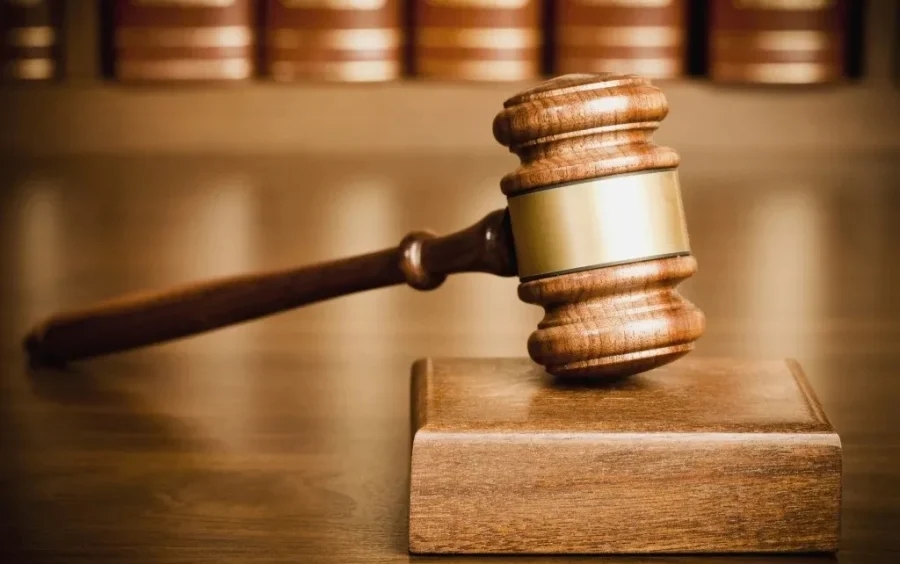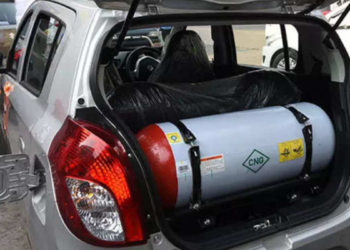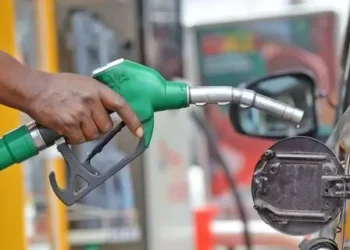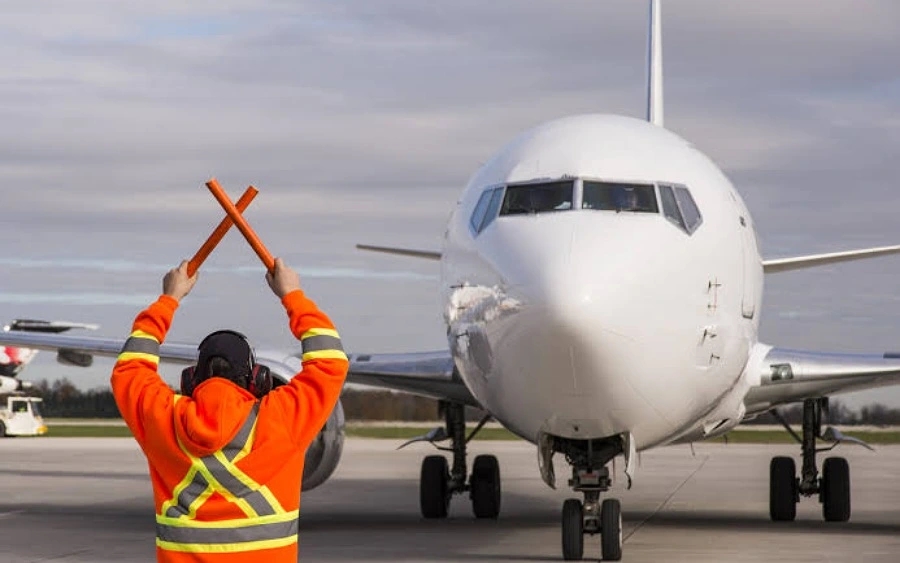The Nigerian Midstream and Downstream Petroleum Regulatory Authority (NMDPRA) recently disclosed that the lingering fuel scarcity was tied to cross-border smuggling of the commodity.
A part of the NMDPRA statement read as follows:
- “The current distribution hitch is heightened by activities of cross-border smugglers, who divert PMS meant for the Nigerian market to neighboring countries where PMS prices are significantly higher than Nigeria’s regulated price.”
Judging by the regulator’s statement, it is more lucrative to sell fuel in neighboring African countries than it is to sell in Nigeria.
Findings by Nairametrics have shown that some African countries’ fuel prices are higher than Nigeria’s official price of N165 per litre. However, current street prices show that a lot of filling stations are now selling at almost the same rates or even higher than some of these African countries.
Fuel prices in some African countries: During an African-centric fuel price discussion/survey on Monday, January 30, Edwell Maposa, an Extractives Industry Researcher, told Nairametrics, that a litre of fuel is currently sold for R22 (22 Rand) in South Africa. This is about N582 per litre.
- In Ghana, fuel is sold for 13.23 Cedis, which is about N487 per litre.
- In the Niger Republic, fuel is sold for 540 West African CFA Franc, which converts to N413.10.
- In Chad, fuel is sold for an average price of 518 West African CFA Franc which is N396.27 per litre.
- In the Benin Republic, fuel is sold for 650 West African CFA Franc, which is N497.25 per litre.
- In Cameroon, fuel is sold for 630 Central African CFA Franc, which converts to N481.94 per litre.
- In Kenya, super fuel, as it is popularly called is sold for 179 Kenyan Shillings, which is N662 per litre.
Varying prices in Nigeria: Going by the above prices, it is clear that in some cases, fuel is officially sold higher in other African countries. However, current realities in Nigeria also point to the fact that there are varying prices for fuel across the country.
Based on a recent survey by Nairametrics, filling stations affiliated with the Nigerian National Petroleum Company (NNPC) Limited are selling for N190 per litre in parts of Abuja, the capital city. Other filling stations are selling for as high as N340, as is the case of Jigawa state.
Meanwhile, filling stations aside from NNPC stations and a few others in Edo state are selling for as high as N400 and N500 per litre. Nigerians in the state are sleeping over at NNPC filling stations to buy at N189 per litre. Vanguard reported that this has led to some recent protests by residents and civil society groups, where threats were issued against black market traders in fuel.
Nairametrics recently reported that Nigerians in the South-South region are buying fuel at between N350 to N500 per litre in states like Rivers, Akwa Ibom, and Cross River.
There are some exceptions: According to Ukah Emele, a Brand Strategist who shared his experience with getting fuel in Lagos, a few filling stations in the state are selling between N170 to N185 per litre. For example, Northwest filling station at Gbagada, Lagos mainland, is selling fuel at N185 as of last week, but the queues are longer than others selling at higher rates. The queues persist even when the station is locked during off-peak hours.
What this means: Comparing the prices that Nigerians are currently paying for fuel across states with what other African countries are paying, two factors emerge:
- Cross-border smuggling as suggested by the NMDPRA could be possible in some border towns where residents are not high consumers of the commodity and current fuel prices in such towns are lower than what obtains in the neighbouring country.
- Also, the current fuel subsidy regime which is supposed to make fuel prices lower and affordable to the 133 million poor Nigerians, is currently non-existent. This is because people are buying fuel as high as N500 instead of the official price of N165 per litre.
So, the fuel subsidy regime is as good as gone. All that is left is for regulators to ensure uniform pricing across the country.

